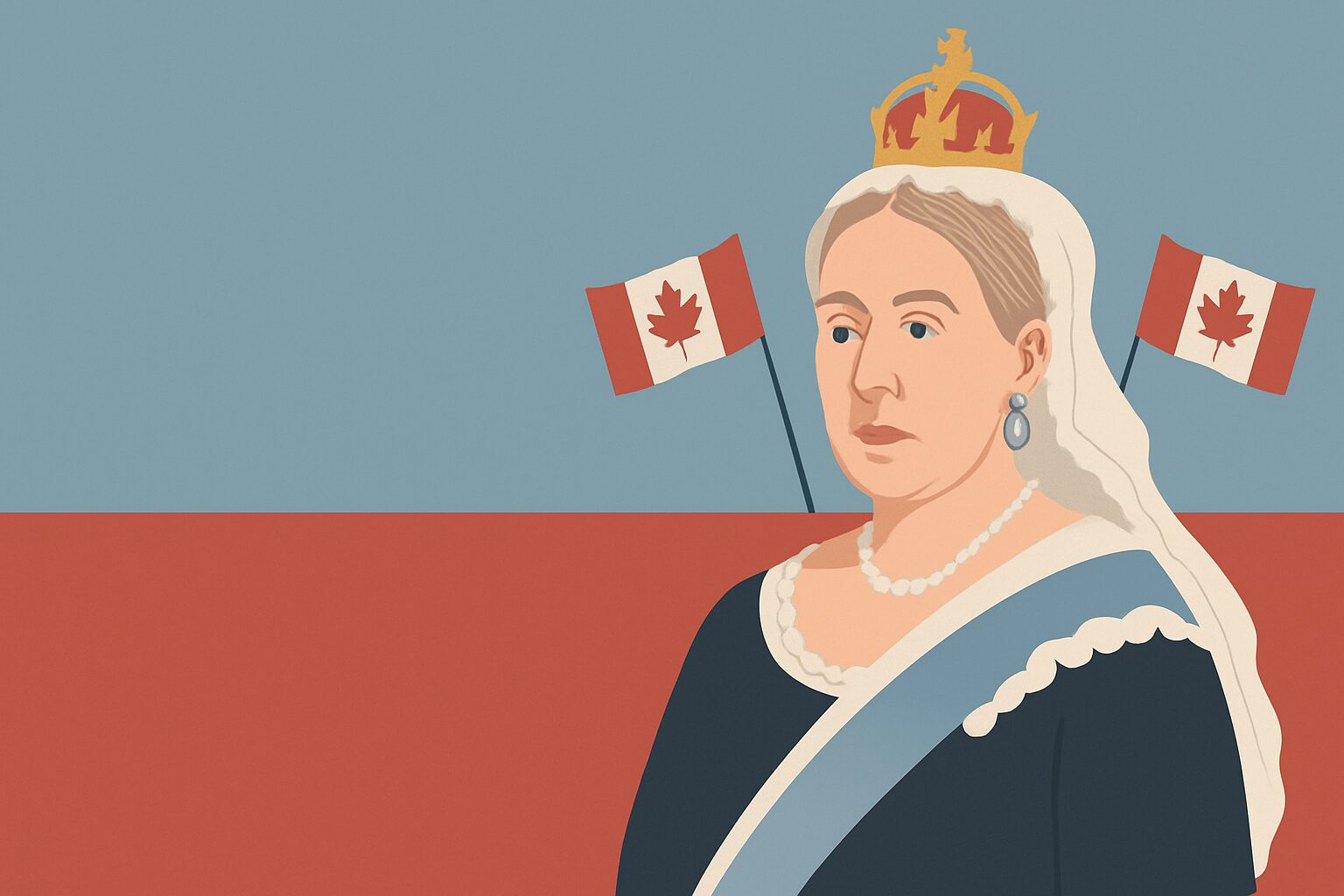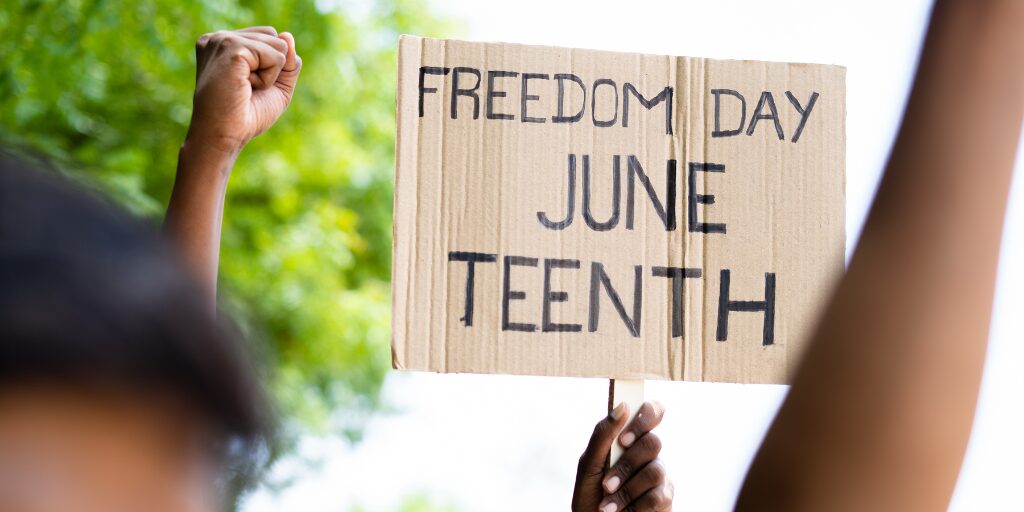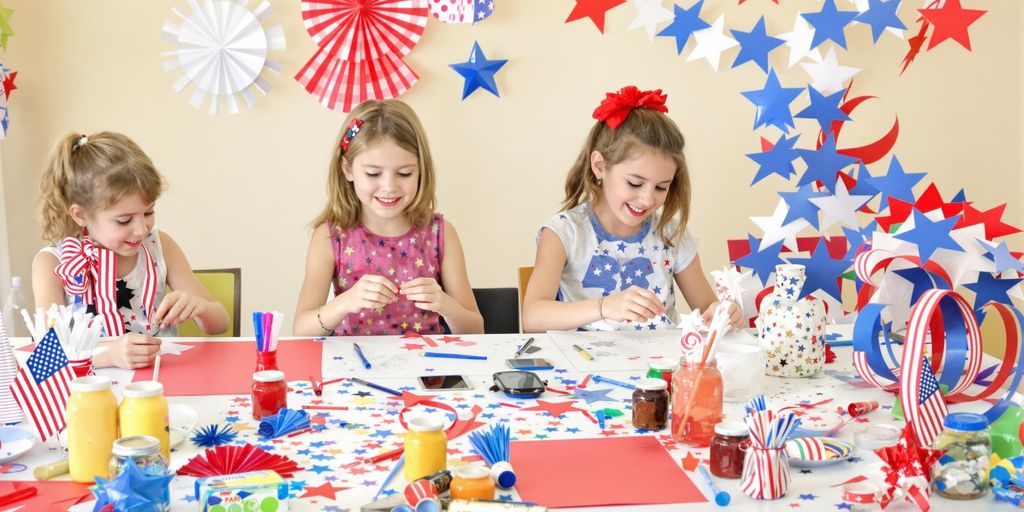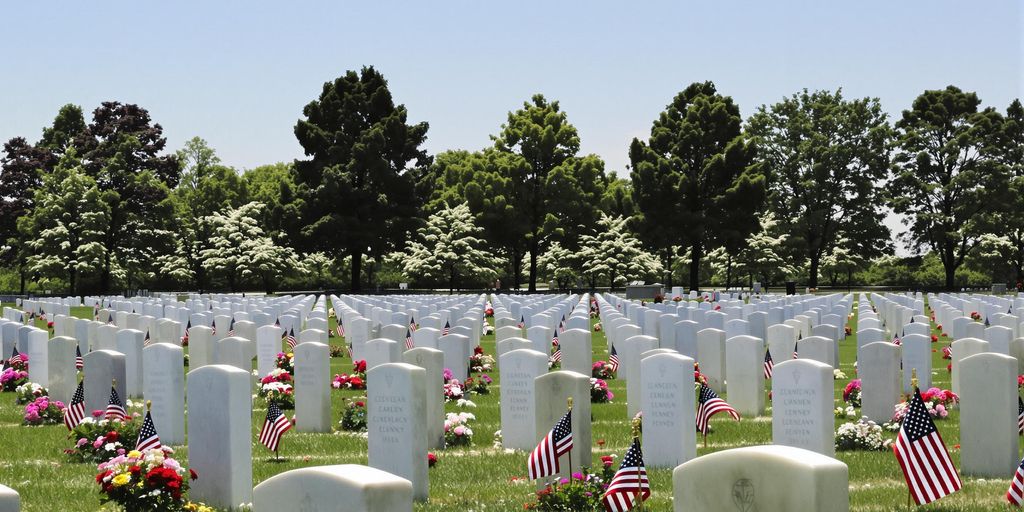Victoria Day is a holiday celebrated in Canada that marks the birthday of Queen Victoria. This day is more than just a celebration of a historical figure; it’s a time for Canadians to welcome the warmer weather and the summer season. With roots dating back to the 19th century, Victoria Day has evolved into a cherished occasion filled with various traditions and festivities across the country.
Key Takeaways
- Victoria Day honors Queen Victoria and marks her birthday.
- The holiday is celebrated on the Monday before May 25 each year.
- It signifies the unofficial start of summer in Canada.
- Festivities include parades, fireworks, and outdoor activities.
- Victoria Day reflects Canadian pride and cultural heritage.
Understanding Victoria Day
Definition of Victoria Day
Victoria Day is a Canadian holiday celebrated on the Monday preceding May 25th. It’s a day to honor Queen Victoria, who was born on May 24, 1819, and reigned from 1837 until her death in 1901. It also now serves as the official birthday of Canada’s current monarch. Basically, it’s a day off to celebrate a queen (or king) and unofficially kick off summer. It’s been around since 1845, so it’s got some history behind it.
Significance in Canadian Culture
Victoria Day is more than just a day off work; it’s woven into the fabric of Canadian culture. For many, it signals the start of summer. Think about it: people open up their cottages, fire up the BBQ, and get outside. It’s a time for family gatherings, fireworks, and community events. Plus, it’s a chance to reflect on Canada’s history and its connection to the monarchy. It’s a pretty big deal, culturally speaking.
Comparison with Other Holidays
So, how does Victoria Day stack up against other holidays? Well, it’s not quite as universally celebrated as Canada Day (July 1st), which is like the 4th of July in the US. But it’s definitely more widely observed than, say, Thanksgiving (which is in October in Canada). Here’s a quick comparison:
- Victoria Day: Celebrates Queen Victoria/current monarch’s birthday, marks the start of summer.
- Canada Day: Celebrates the anniversary of Canadian Confederation.
- Thanksgiving: Celebrates the harvest and other blessings of the past year.
While Victoria Day has its roots in British history, it’s evolved into a uniquely Canadian celebration. It’s a long weekend, which automatically makes it a winner in most people’s books!
Historical Background of Victoria Day
Origins of the Holiday
Victoria Day’s roots stretch back to 1845, marking Queen Victoria’s birthday, May 24th, as a special day in Canada. Initially, it was just a way to acknowledge the Queen’s birthday. Over time, it evolved into something much bigger, a symbol of Canadian identity and the start of summer. Celebrations popped up in Ontario and Quebec around 1867, and then spread across the country.
Queen Victoria’s Influence
Queen Victoria held the throne when Canada became more independent in 1867. She also picked Ottawa as the nation’s capital. After she died in 1901, the holiday became a permanent fixture to remember her. Some wanted to call it ‘Queen’s Birthday,’ others ‘Victoria Day’ or ‘Victorian Empire Day.’ Prime Minister Wilfrid Laurier chose ‘Victoria Day’ to avoid upsetting French Canadians.
Evolution Over the Years
By the 1890s, Victoria Day was a patriotic holiday. After Queen Victoria’s death in 1901, it officially became a statutory holiday. The date has shifted a bit over time. Since 1952, it’s been celebrated on the Monday before May 25th. It’s also recognized as the current monarch’s official birthday. In Quebec, it was known as Fête de Dollard before 2003. Today, Victoria Day is a federal holiday and a holiday in six provinces and all three territories.
Celebrating Queen Victoria
Queen Victoria’s Legacy
Queen Victoria, who ascended to the throne at just 18, left an indelible mark on Canada. Her reign coincided with a pivotal moment in Canadian history: the Canadian Confederation in 1867. She was seen as a symbol of stability and progress during a time of great change. It’s interesting to note that she had nine children with her husband, Albert. Her long reign helped shape the political and social landscape of the country. She is often referred to as the “Mother of Confederation” for her role during this period.
Cultural Impact on Canada
Victoria Day isn’t just about history lessons or building clay sculptures of the Queen. It’s more about celebrating the arrival of summer after a long winter. The cultural impact of Queen Victoria extends beyond just a holiday, though. It’s woven into the fabric of Canadian identity. Here are a few ways her influence is still felt:
- Place Names: Many cities, streets, and landmarks across Canada are named after her.
- Traditions: The holiday itself is a testament to her enduring legacy.
- Symbolism: She represents a connection to the British monarchy and a shared history.
Role in Canadian Confederation
Queen Victoria’s role during the Canadian Confederation was significant. While she wasn’t directly involved in the negotiations, her position as monarch provided a sense of unity and stability. The Queen’s birthday became a focal point for celebrating Canadian identity. Even before Confederation, celebrations were held in Ontario and Quebec. The push to officially recognize her birthday as a holiday gained momentum after her death. Prime Minister Wilfrid Laurier chose the name “Victoria Day” to avoid alienating French Canadians. The Red River Colony even celebrated Victoria’s birthday, showing how widespread the celebrations were.
Victoria Day Traditions
Common Celebrations
Victoria Day is often seen as the kickoff to summer, and people celebrate in various ways. Many Canadians use the long weekend for outdoor activities. It’s a popular time for camping, hiking, and getting back to nature after a long winter. People also enjoy picnics, barbecues, and spending time with family and friends. It’s a time to relax and enjoy the warmer weather, and to get outside after being cooped up for months. Some people use the time to open up their cottages for the season, reversing the winter social season routine.
Festivals and Parades
Across Canada, many communities host festivals and parades to mark Victoria Day. These events often include live music, food vendors, and activities for kids. Parades are a common sight, with marching bands, floats, and community groups participating. Some of the larger cities, like Victoria, British Columbia, host particularly grand parades. These parades often feature military units and other ceremonial groups. The parades are a way to show community spirit and celebrate Canadian heritage. They provide a fun and festive atmosphere for people of all ages.
Fireworks and Community Events
One of the most iconic Victoria Day traditions is fireworks. Many cities and towns put on spectacular fireworks displays that light up the night sky. These shows are a major draw, attracting large crowds of people who gather to watch the colorful explosions. In addition to fireworks, many communities organize other events, such as concerts, fairs, and sporting tournaments. These events provide opportunities for people to come together and celebrate their community. It’s a time for fun, laughter, and shared experiences. The fireworks displays are a highlight for many, marking the start of summer with a bang.
Victoria Day and the Start of Summer
Symbolism of Summer’s Arrival
Victoria Day is more than just a day off; it’s a cultural marker. For many Canadians, it symbolizes the unofficial start of summer. After a long winter, the holiday represents warmer weather, longer days, and the promise of outdoor fun. It’s a collective sigh of relief as people emerge from their winter hibernation, ready to embrace the season ahead. It’s a time when the leaves finally turn green, and the air feels fresh and new. It’s a big deal, especially after enduring months of cold and snow.
Outdoor Activities
With the arrival of Victoria Day, outdoor activities take center stage. People flock to parks, beaches, and campgrounds to enjoy the weather. Common activities include:
- Camping Trips: Many families use the long weekend for their first camping trip of the year. They pack up their tents and head to lakeside destinations to enjoy nature.
- Barbecues: Grills are fired up across the country as friends and family gather for outdoor feasts. It’s a time for sharing food and laughter in the sunshine.
- Gardening: Victoria Day is often considered the safe time to start planting gardens, as the risk of frost has usually passed. Garden centers are packed with people eager to get their hands dirty.
- Sporting Events: From baseball games to bike rides, outdoor sports become a popular way to celebrate the holiday. It’s a chance to get active and enjoy the fresh air.
Seasonal Changes in Canada
Victoria Day coincides with significant seasonal changes across Canada. The landscape transforms as trees bloom, flowers blossom, and wildlife becomes more active. The holiday also marks the opening of many seasonal businesses, such as outdoor restaurants and city tour operators. It’s a time of renewal and growth, both in nature and in the spirit of the people. The fashion also changes, with people switching to lighter, summer clothing. It’s a visual reminder that winter is finally behind us.
Victoria Day Across Canada
Regional Variations
Victoria Day isn’t a one-size-fits-all celebration across Canada. Different regions put their own spin on the holiday, reflecting local culture and traditions. What might be a huge fireworks display in one province could be a more low-key family affair in another. It’s interesting to see how such a nationally recognized day can have so many different flavors depending on where you are. For example, in Quebec, the holiday was formerly known as Fête de Dollard, adding another layer to its historical context. It’s a good idea to check out local listings to see what’s happening in your area.
Provinces and Territories Celebrating
Victoria Day is a statutory holiday in six of Canada’s ten provinces and all three territories. This means that most people get the day off work or school. However, it’s not a statutory holiday everywhere. Provinces like Nova Scotia, New Brunswick, and Prince Edward Island don’t officially recognize it as a general holiday. Despite this, many businesses still close, and people still participate in the festivities. It’s always a good idea to check your local regulations to see if you have the day off.
Unique Local Customs
Across Canada, Victoria Day marks the unofficial start of summer, but some regions have unique ways of celebrating. Here are a few examples:
- Hyack Anvil Battery (New Westminster, BC): This involves firing a black powder charge on an anvil, creating a loud boom. It’s a tradition that dates back to the 19th century.
- Parades: Several cities hold parades, with the most prominent being in Victoria, British Columbia. These parades often feature marching bands, floats, and community groups.
- Sunshine Village (Banff, Alberta): This ski resort traditionally ends its long ski season on Victoria Day, marking the transition from winter to summer activities. It’s a great time to visit Banff, Alberta and enjoy the scenery.
These local customs add a special touch to the holiday, making it more than just a day off work. It’s a chance to celebrate community and local heritage. It’s also a great time to visit Queen Victoria, who is known as the “Mother of Confederation”.
Public Holiday Status of Victoria Day
Federal Recognition
Victoria Day holds a special place in Canada’s legal framework. It’s officially recognized at the federal level, meaning that the government acknowledges it as a day of significance. This recognition has implications for various sectors, especially those under federal jurisdiction. For instance, federal employees typically get the day off, and certain federally regulated industries, like banks, observe the holiday. It’s interesting to note that Canada is pretty unique in still having a holiday dedicated to Queen Victoria.
Statutory Holiday Details
Okay, so here’s where it gets a little complicated. While the federal government recognizes Victoria Day, the specifics of whether you get a paid day off often depend on where you live and who employs you. Most workplaces are actually regulated by provincial or territorial governments. So, even though it’s a federal holiday, your entitlement to a paid day off is usually determined by provincial or territorial laws. Think of it this way:
- If you work for the federal government: You likely get the day off.
- If you work in a federally regulated industry (like a bank): You likely get the day off.
- If you work in a provincially or territorially regulated job: Check your local laws!
Impact on Work and School
Victoria Day’s status as a public holiday has a pretty big impact on daily life. For many, it means a three-day weekend, which is always welcome! Schools and many businesses close, giving people a chance to relax, travel, or just catch up on things around the house. However, not everyone gets the day off. Essential services, like hospitals and some retail stores, often remain open, and those who work in these sectors may be required to work on Victoria Day, sometimes with holiday pay. It’s a bit of a mixed bag, but generally, it’s a day where a lot of people get a break. It unofficially marks the start of summer, so people are usually in a good mood, even if they have to work.
Victoria Day in Modern Times
Current Celebrations
Victoria Day is still a pretty big deal in Canada. While the specific ways people celebrate have changed a bit, the core idea remains the same: it’s a day for fun, family, and marking the unofficial start of summer. You’ll still see fireworks, parades, and lots of outdoor activities. Many people use the long weekend for camping trips, opening up their cottages, or just having barbecues with friends and family. It’s a chance to relax and enjoy the warmer weather after a long winter.
Changes in Observance
Over time, the way Victoria Day is observed has shifted. Back in the day, there was more emphasis on formal parades and official ceremonies. Now, it’s more about casual get-togethers and personal enjoyment. The focus has moved away from strict displays of patriotism to a more relaxed celebration of community and the arrival of summer. Some people might not even know the historical significance of the day, but they still appreciate the long weekend.
Public Sentiment
Generally, Canadians have positive feelings about Victoria Day. It’s seen as a welcome break and a chance to unwind. While some might question the relevance of celebrating a British monarch in modern times, most people appreciate the holiday for what it is: a day off work and school, and a time to enjoy the outdoors. There’s a sense of tradition associated with it, even if the specific traditions have evolved. It’s just a good excuse for a party, really.
Victoria Day and Canadian Identity
National Pride
Victoria Day, celebrated annually on the Monday preceding May 25th, is more than just a day off work; it’s a chance for Canadians to show some national pride. It’s a day that unofficially kicks off summer, and people get together for barbecues, fireworks, and general merriment. This holiday is a uniquely Canadian way to honor a historical figure while embracing the start of a new season. It’s a time when folks across the country, from coast to coast, participate in activities that highlight what it means to be Canadian, even if it’s just enjoying the (hopefully) warmer weather.
Cultural Heritage
Victoria Day has deep roots in Canadian history, dating back to 1845. It started as a celebration of Queen Victoria’s birthday, and after her death, it became a memorial to her. She was the reigning monarch when Canada became a country in 1867. The holiday has evolved over the years, but it still connects Canadians to their past. It’s a reminder of the country’s history and the figures who helped shape it. It’s a day to reflect on the past and appreciate the present.
Connection to the Monarchy
Even though Canada is its own country, there’s still a connection to the British monarchy. Victoria Day is a direct link to that history. While attitudes toward the monarchy might be changing, the holiday remains a part of Canadian culture. It’s a chance to acknowledge the shared history and the role the monarchy played in Canada’s development. It’s a day that sparks conversations about Canada’s place in the world and its relationship with its past. Some people are all about it, some aren’t, but it’s still a thing. It’s like that weird family tradition everyone does, even if they don’t totally get it.
Wrapping Up Victoria Day
So, there you have it! Victoria Day is more than just a day off work; it’s a celebration of history, the arrival of summer, and a nod to Queen Victoria, who played a big role in Canada’s past. It’s a time for Canadians to enjoy the outdoors, have barbecues, and maybe even catch a parade. While it started as a royal birthday bash, it’s now a day that brings people together to mark the changing seasons and appreciate what makes Canada unique. Whether you’re camping, enjoying fireworks, or just relaxing with family, Victoria Day is a reminder of the warmth and joy that summer brings.
Frequently Asked Questions
What is Victoria Day?
Victoria Day is a holiday in Canada that celebrates the birthday of Queen Victoria, who was an important figure in Canadian history. It is observed on the Monday before May 25.
Why do we celebrate Victoria Day?
We celebrate Victoria Day to honor Queen Victoria, who played a key role in Canada’s history and development as a nation.
When is Victoria Day observed?
Victoria Day is celebrated on the Monday that falls before May 25 each year. For example, in 2024, it will be on May 20.
What are some common traditions on Victoria Day?
Many Canadians celebrate Victoria Day with fireworks, parades, picnics, and outdoor activities, marking the unofficial start of summer.
Is Victoria Day a public holiday in Canada?
Yes, Victoria Day is a federal public holiday in Canada and is recognized in several provinces and territories.
How does Victoria Day compare to other holidays?
Victoria Day is similar to Memorial Day in the U.S. as both mark the beginning of summer, but Victoria Day specifically honors a historical figure.
What activities do people do on Victoria Day?
People often enjoy outdoor activities like camping, barbecuing, and attending festivals or parades during Victoria Day.
Why is Victoria Day important to Canadian identity?
Victoria Day is important because it connects Canadians to their history and celebrates the cultural heritage related to the British monarchy.




